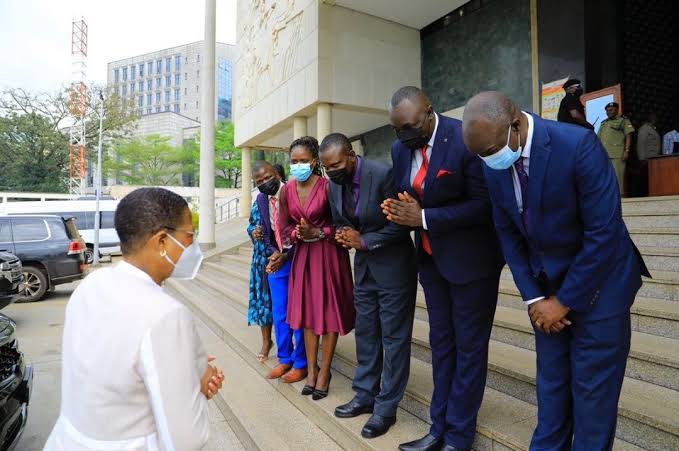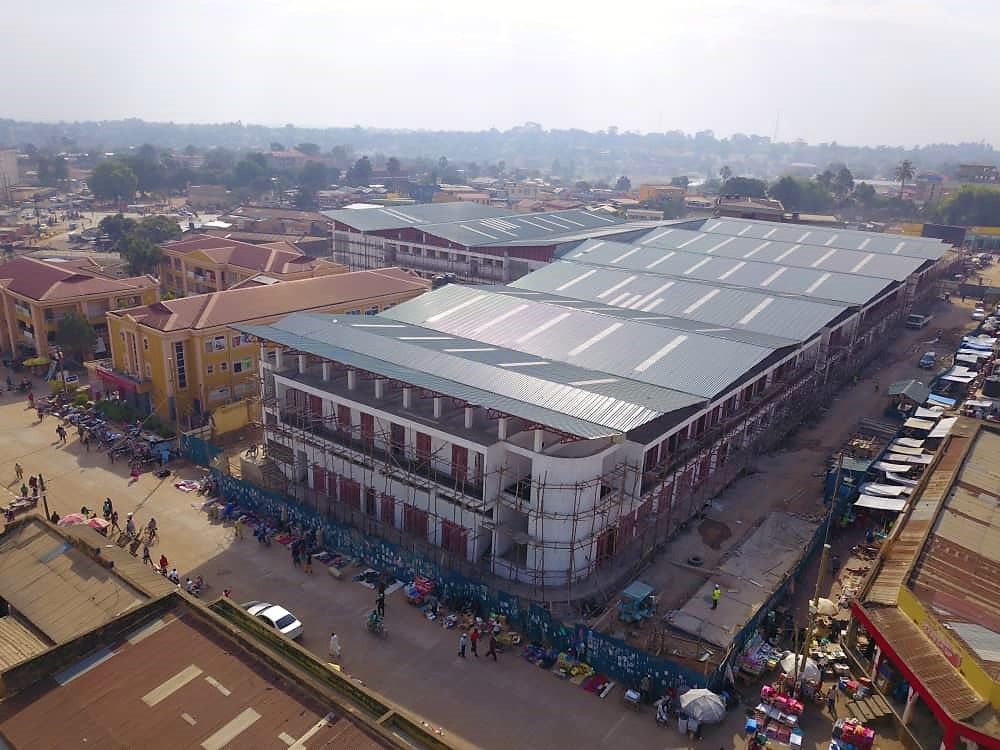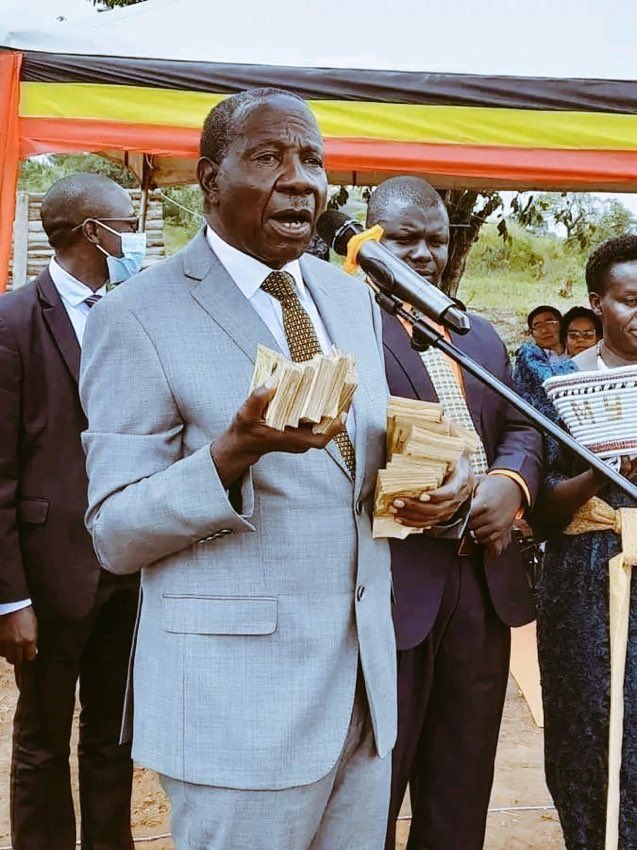In 2019, the government approved plans for two investment groups from Hungary and China to establish separate multi-billion fish farms in the Mpigi District, particularly in the River Katonga area. The government, as part of this initiative, promised to allocate more than 600 hectares of land in the environmentally sensitive water catchment region to support the investors’ endeavors. Additionally, commitments were made to set up fish ponds, fish feed production machinery, and a fish processing facility.
The ambitious project aimed to significantly boost Uganda’s fish production, with a target of reaching at least 1 million metric tonnes. Currently, the nation produces 120,000 metric tonnes of fish annually. However, concerns have arisen due to the project’s prolonged delay.
Mr. Moses Kanyalutokye, the Chief Administrative Officer of Mpigi, expressed his dismay in a recent interview, stating, “Ever since the project was unveiled, we have not seen government officials coming to us to implement it. Even the investors have never approached us.”
The government had envisioned a nucleus model for the project, wherein investors would engage local fish farmers as satellite groups to share in the benefits. The Hungarian investors pledged to invest Shs22 billion, while the Chinese counterparts were to contribute Shs1.4 trillion to similar but separate projects.
Before the project could take off, Mr. Martin Ssejemba, the Mpigi District chairperson, advised the government to conduct awareness campaigns among residents to ensure responsible fish farming in the ecologically sensitive area. He emphasized, “It is true such a project can benefit our people, but we need to sensitize them first to ensure that they don’t destroy the environment in the targeted ecologically sensitive area.”
In response to the questions raised by Mpigi leaders, Ms. Hellen Adoa, the State Minister for Fisheries, requested additional time to consult with the ministry’s technical team directly involved in the project’s implementation. She remarked, “There could have been some challenges which led to a delay, but give me time to find out what exactly befell that project.”
In 2019, the government, in collaboration with the Food and Agricultural Organisation (FAO), unveiled a joint project worth Shs834 million aimed at supporting fishing communities around Lake Victoria. This initiative seeks to improve the livelihoods of fishing communities in the districts of Masaka, Kalangala, and Kalungu, which were adversely affected by the government’s crackdown on illegal fishing.
It is worth noting that Lake Victoria supports approximately 30 million people in East Africa, serving as a vital source of livelihood. Nevertheless, the use of illegal fishing gear has posed a serious threat to the lake’s ecosystem. Conservationists have repeatedly warned that if the capture of immature fish is not curbed, Lake Victoria’s key fish stock could be depleted within the next 30 years, compelling local communities to seek alternative means of survival.**
| Year | Development |
|---|---|
| 2019 | Government approved plans for Hungarian and Chinese investment groups to establish fish farms in Mpigi District. |
| 2019 | Government promised over 600 hectares of land and various support facilities for the project. |
| 2023 | Project delayed, government and investors seemingly inactive. |
| 2019 | Local leaders emphasized the need for educating residents on environmentally responsible fish farming. |
| 2023 | State Minister for Fisheries requested more time to investigate the project’s delays. |
| 2019 | Government and FAO initiated a Shs834 million project to support fishing communities around Lake Victoria. |
| Background | Illegal fishing gear usage threatens Lake Victoria’s ecosystem and fish stock. |




















